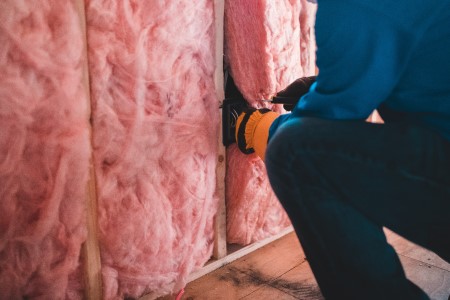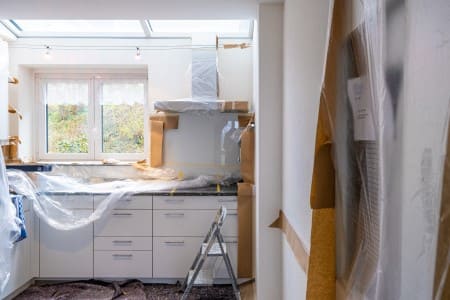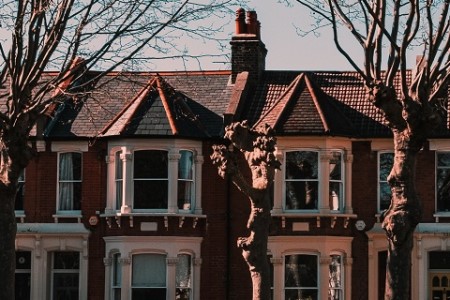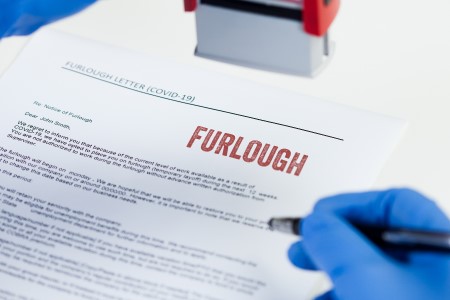
How to buy a derelict property is a frequently asked question in the property industry. There is plenty of demand for getting empty homes back on the market, given the current severe lack of supply. For prospective buyers and renters, an increase in housing stock would add balance to an overly competitive industry. At the same time, bringing derelict properties back to life could hold attractive renovation opportunities for investors.
In this blog we will cover:
- Know what a derelict property is
- Find a derelict property for sale
- Find out who owns it
- Buy the derelict property
- Plan your property renovation
- Finance the renovation
1. Know what a derelict property is
A derelict property is a home or building that’s empty and in a bad state of repair. This is usually the result of the property not having been lived in for a long time. It’s estimated there are around 216,000 homes in England alone that have been empty for six months or more. In total, there are thought to be 600,000 vacant residential properties. Given the chronic undersupply of housing in the country, making better use of empty properties is a logical place to start.
Source: UK Government
In fact, our research from October 2021 showed that 52% of Britons consider the housing shortage to be one of the country’s most pressing social issues. Yet only 15% think they will see the problem solved in their lifetime. Further, just 30% are confident that they will one day live in their own home.
2. Find a derelict property for sale
Fortunately for investors looking to buy derelict properties with potential, there are many ways to hunt them down. The biggest online players can offer opportunities for buyers. Rightmove will occasionally highlight derelict or renovation projects with great potential, while Zoopla has been known to list properties valued at £10,000 or less. Derelict property can also often turn up in auction houses, so it’s worth keeping an eye on what lots are on the horizon.
For those needing a bit more help with the leg work, there are sites entirely dedicated to finding derelict property and guiding the purchasing process. Examples include derelictpropertyforsale.co.uk and propertytorenovate.co.uk.
Local authorities can also be contacted for details on any unregistered properties in their area. If investors have a specific location in mind, they may be able to simply drive around the area to find abandoned or run-down houses. If one is found, they can then start making enquiries on who the current owner is. Buyers may have better luck finding derelict and/or abandoned properties in rural countryside areas, as opposed to densely populated cities.
Source: Rightmove, Zoopla, derelict property for sale, property to renovate
3. Find out who owns it
Finding out who owns a derelict property can be tricky, especially where homes have been left abandoned for months, or even years on end. Initially speaking with locals in the area may help narrow down the search.
Fortunately, most derelict properties in England and Wales should be registered with HM Land Registry. Through the Government’s website, investors will be able to download copies of a property’s summary, title plan and title register – the latter of which usually includes details on who owns the property and what it was last sold for.
To use this service, an email address and debit or credit card will be needed. Property summaries are free of charge, but it’ll cost £3 for title registers or plans.
Source: gov.uk
4. Buy the derelict property
Derelict property can provide investors with lucrative opportunities, whether they’re looking to:
- Renovate and then sell-on the property
- Refurbish then rent the premises
For those wondering how to buy a derelict property, it is worth looking to auction houses. Sellers will often list properties they’re desperate to get rid of in auctions, where they can change hands in lightening speed.
Many probate properties – that is, properties owned by someone who is deceased – are listed for sale via auction. Some might be in a poor condition, making them unsuitable for a straightforward sale or rental via the open market. More experienced investors at auction, however, could be attracted by the potential to secure the asset for a lower price.
Estate agents may also provide a surprisingly direct line to derelict properties. They’ll likely only want to highlight pristine options in their windows, but they may have some houses in need of rescuing somewhere in their books. It may be worth going in and speaking with the staff to find out what they’ve got going on behind the scenes.
Keeping an eye on land for sale may also prove worthwhile. Building land for sale will often have property on it that the seller expects buyers to demolish. These buildings may be beyond saving, but could also be salvageable.
Source: BBC
5. Plan your property renovation
Renovating a decrepit home may be more complicated than doing the same for newer buildings. Decrepit buildings are likely to be old and could therefore be protected. Older buildings may be listed, which means they’re of architectural or historical interest considered worthy of protection.
If a property is listed, any planned changes will likely need special planning permissions. Specifically, listed building consent will be needed from local authorities. Investors will need to make sure they have all these necessary approvals in place before any renovation work starts. This likely to be an important hurdle to overcome, considering just how much work may be needed after a purchase is made.
Source: Historic England
Focus on green improvements
Derelict properties will usually need to be modernised. Investors purchasing vacant properties should consider energy efficient improvements as part of the modernisation process. This is certainly true of anyone looking to hold onto the asset as a buy to let property.
In April 2025, the Government will be introducing new regulations, requiring any property being let to new tenants to have an Energy Performance Certificate rating of C or higher. At the moment, 60% of homes are rated D or below, so action is needed. There will be fines of up to £30,000 if a property does not comply.
For investors and landlords, renovating a derelict home is the opportune moment to also improve the property’s energy efficiency. Here are five changes to consider:
- Install energy-efficient lighting throughout the property
- Replace an old boiler
- Add cavity wall insulation
- Add loft insulation
- Install double or triple glazing
You can find a more in-depth article on our Top 5 energy efficient hacks here.
6. Finance the renovation
Investors may consider a property refurbishment loan to finance renovation plans. This is particularly true of those who might be looking to sell the asset once the works are complete. Whether you require a loan for renovation works, to purchase of the asset itself, or both, it’s advisable to explore all financial options first.
There are many types of fast, flexible bridging loans available for those looking for short-term finance. Having the right option lined up before committing to any project involving a derelict property is wise.
A lot of people could benefit if the UK’s derelict, vacant and run-down homes were brought back to life and put back on the market, either for sale or to let.
Investors thinking about tapping into this often-overlooked corner of the market, should first think about their financial options. MFS can provide buy to let bridging loans, home refurbishment loans and loans for auction purchases. We also supply second charge loans, should you wish to raise additional funds by securing it against a property that already has finance secured against it. Get in touch today to find out more about bridging.
Summary
For investors, the focus may not just be on how to buy a derelict property, but what needs to be done after a purchase. Derelict property can provide buyers with plenty of opportunity for those wiling to roll up their sleeves. Bringing a comatose home back to life will not only present monetary returns, but can also be incredibly fulfilling.
However, there’s no getting around the fact this will take time and a lot of effort. Aside from the practical difficulties of bringing an old home into the 21st century, buyers will have to wrestle with legislative red tape. It’ll be naïve to think you can buy a run down home for a few thousand in the spring, and then sell it on for 6 figures in the winter.
Before getting started, investors will need to make sure they have time, capital and contacts on their side. But, where all ducks are in a row, abandoned homes could be real diamonds in the rough.
Disclaimer
MFS are a bridging loan and buy-to-let mortgage provider, not financial advisors. Therefore, Investors are encouraged to seek professional advice.










